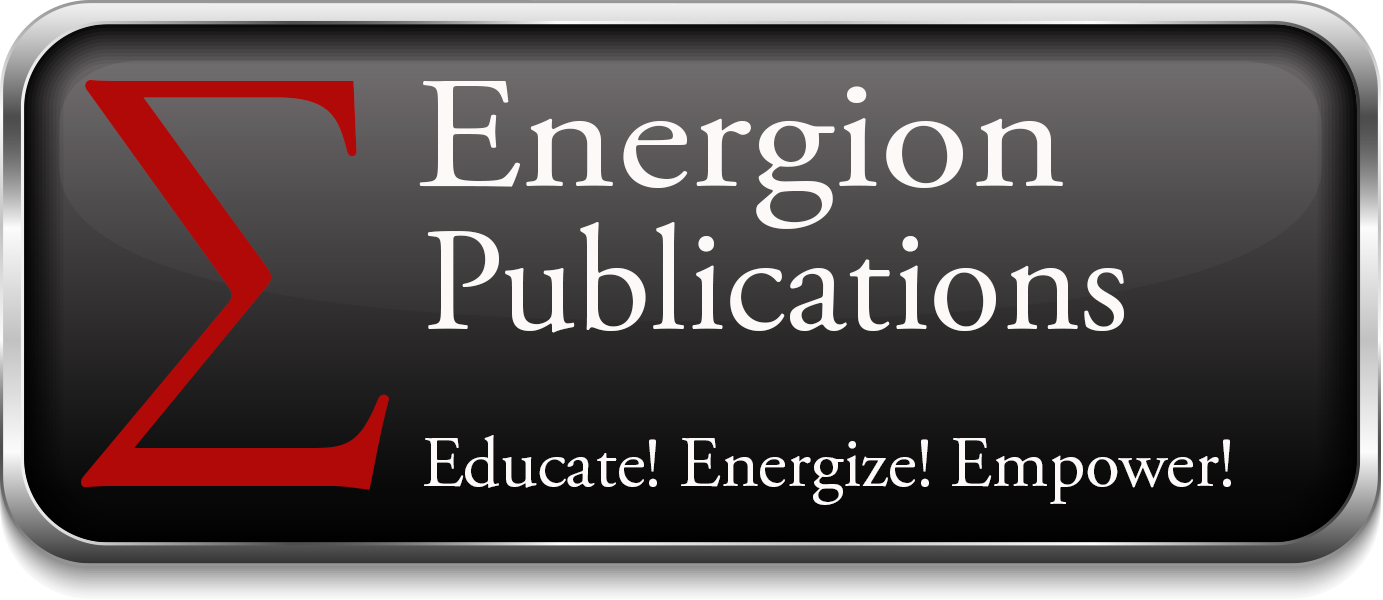Who Are You Writing To?
Now don’t, just don’t say anything to me about ending a sentence with a preposition. Prepositions are fine things to end a sentence with! I’m an editor, and I say so! (I also say not to use lots of exclamation marks, but we’ll ignore that for now.)
So you’re writing a book. Ask yourself early. Ask yourself often. Ask yourself who you are writing to.
When I ask authors who submit manuscripts who their audience is, they frequently say, “Everyone!” They seem to be afraid that if they narrow their audience, they will sell less books. But if you try to say everything, you will say nothing, and if you try to reach everyone you will reach no one.
Identifying your audience is an important marketing tool. It follows from what I’ve just said that if I try to market your book to everyone, I will likely do so successfully to nobody, or to very few.
But there’s a further issue for a publisher like Energion. We publish books that come from many perspectives. Some of them are just from different traditions. Some are quite controversial. Some are about difficult topics that need to be explained clearly, and I might even say simply.
What I have found is that authors are rarely as clear as they think they are. Many, many people with doctoral degrees have explained that they really are writing simply, with language aimed at the people in the pews. All I can reply is that the people in the pews they’re thinking of must be different than the ones I’m acquainted with.
It’s not that people are stupid. Rather, we all have our strengths and weaknesses. I work on computers for people who are brilliant—geniuses even—but who cannot handle their PCs. Most of the people in the pews don’t want to attend theology school, not because they are too lazy to understand what brilliant authors want to tell them, but because they have plenty of things they have to read and comprehend in their own work and daily life. (Tax instructions come to mind.)
Then we have those controversial topics. Again, many people believe they are reaching out to those with other views when they are insulting and demeaning potential readers.
I recently read a Facebook post that talked about how nasty political discussion has gotten in this country. (One should read a bit of 19th century political debate before coming to such a conclusion, but that’s for some other time.) Then commenters proceeded to agree while pointing out all the things that the other side should do. Because we tend to talk to people who generally agree with us, we often simply forget how insulting our illustrations and jokes are.
A Christian once boasted to me how he could “put any atheist in his place in a hurry.” His procedure? Quote Psalm 14:1, “The fool has said in his heart, ‘There is no God.'” That was his suggestion. What possible excuse could he have to think that was a good plan? I suspect that, having done this to many, many Christians, he was used to getting a good reaction.
That is an extreme case of not considering your audience. Most will be more subtle, but no less deadly.
Here are some thoughts.
- Spend time reading and listening. By this I mean reading material written by the people you intend to address, and listening to people who believe what you are planning to challenge. Really listen! Understand what they have to say. You don’t have to agree to understand.
- Don’t substitute second-hand information. You don’t know about other faiths if you have read a short book written by a Christian on the subject of other religions and how to convince their adherents to convert to Christianity.
- Don’t substitute the written word for actual contact. Conversations can be online, but they should be with actual people who hold the positions you intend to challenge. Personal contact is better. When challenging ideas, it is easy to forget that ideas find a home in human minds, and those people deserve your concern. You can kill the person along with the idea.
- Try reversing what you say, by saying it about yourself. Do you like it?
- Treat all of your best points skeptically. The more skeptically you treat them, the more likely they are to survive the skepticism of others.
- Listen to the suggestions of your editors and others who may provide a critique. If you feel hurt by the comments of your editors (who have chosen to publish your work) or your friends and colleagues (who may have reason to treat you gently), just imagine what will happen when actual opponents show up!
Finally, remember that those who critique your work in the publication process are not trying to destroy you or make you feel bad. They want to make your work more effective. Take advantage of the opportunity.



